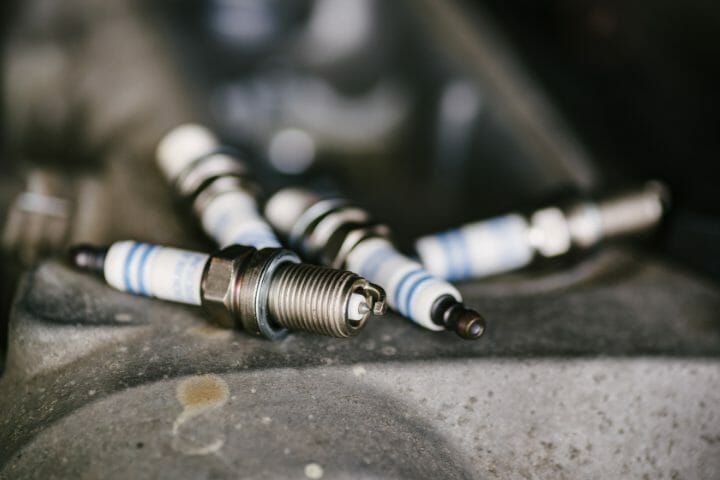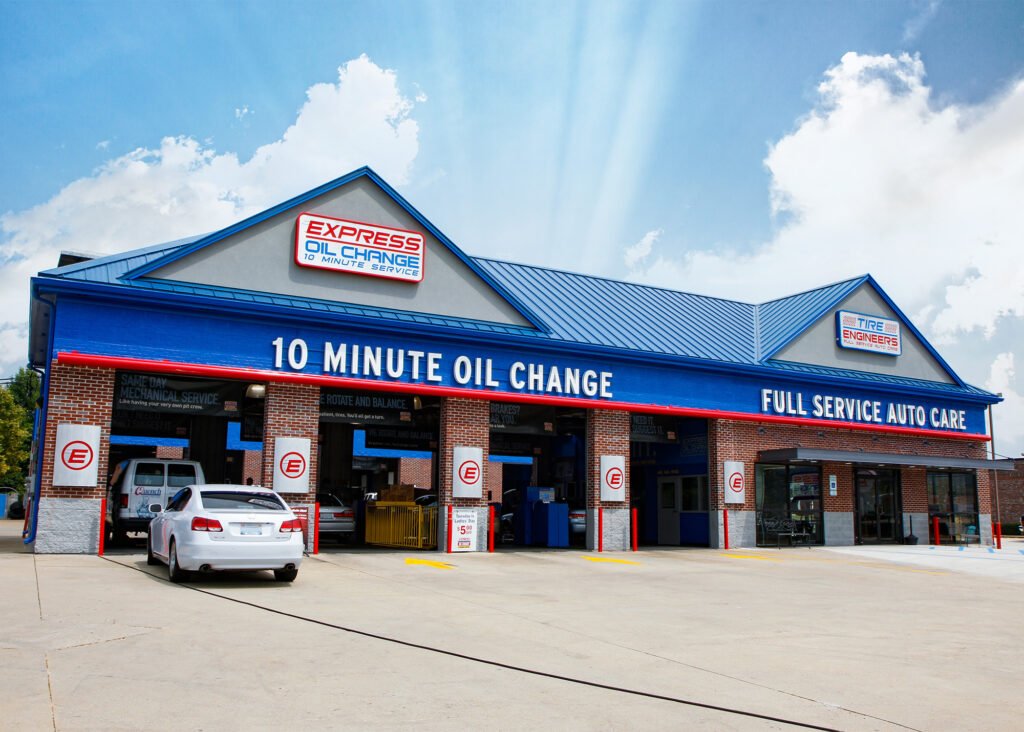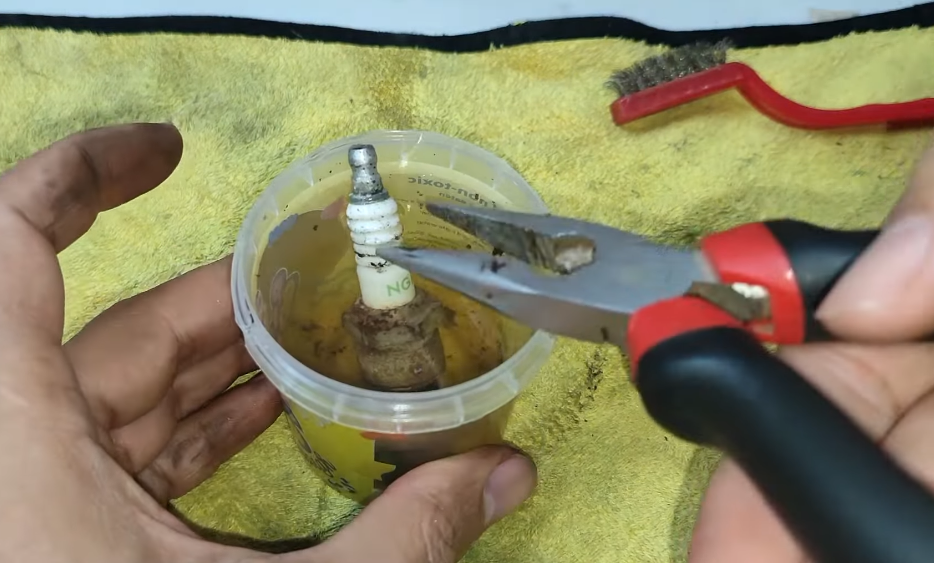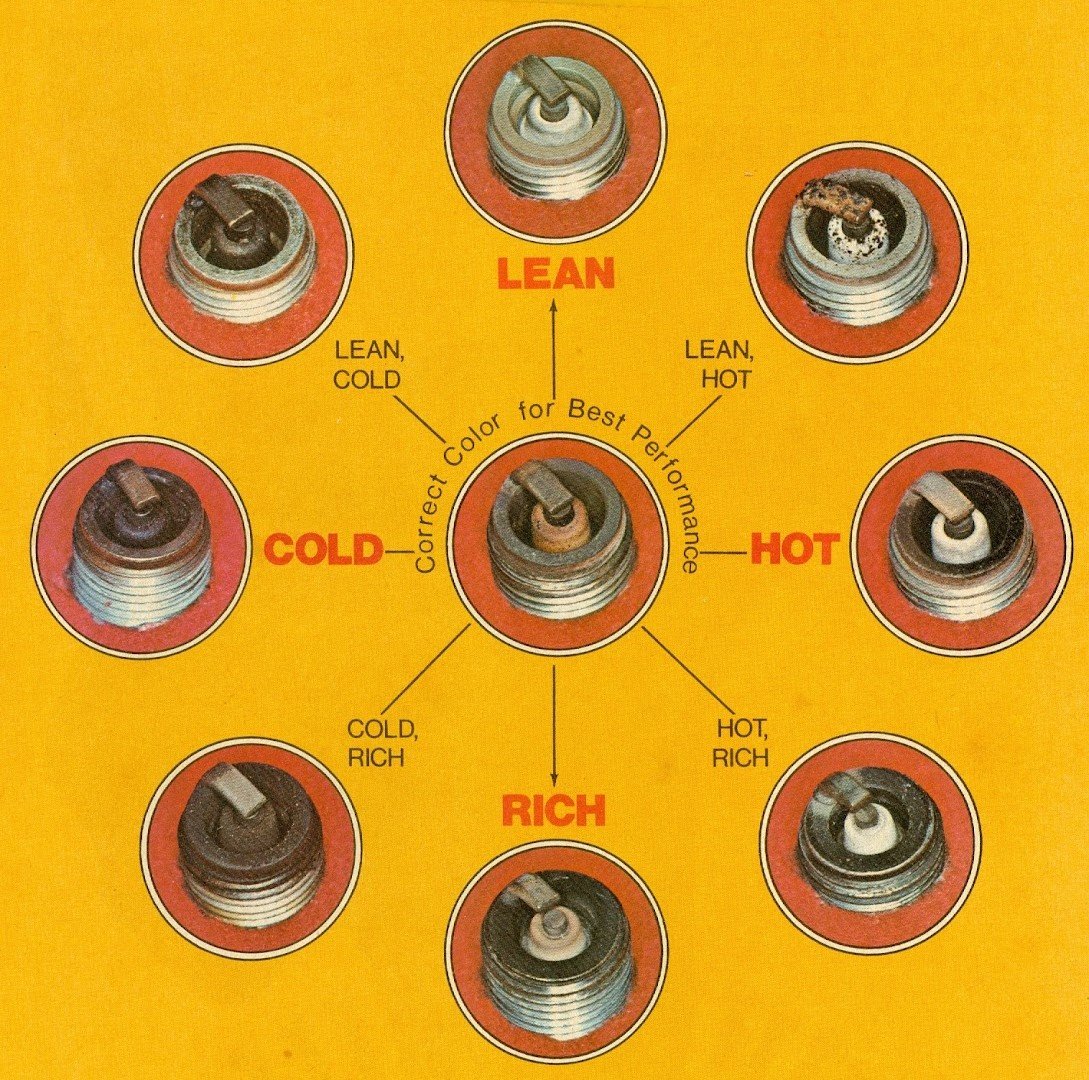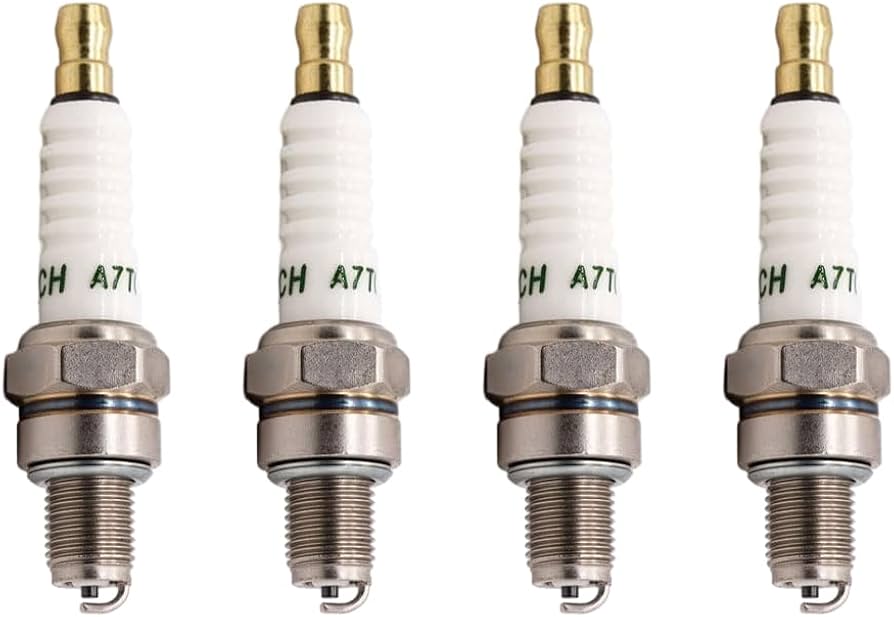“Are spark plugs covered under warranty? It depends on your vehicle’s warranty policy. In many cases, spark plugs are considered regular maintenance items and may not be covered unless a specific defect or failure occurs within the warranty period.”
While buying a car, it is extremely important to think about the warranty. This is very common, especially for first time car owner or someone with limited knowledge about car maintenance, car owner with warranty or without, people are folks to determine and understand claim process: Do Spark plugs come with warranty coverage?
Car owners may ask whether are quite essential to the functioning of a car. These are the devices that will ignite the air-fuel mixture. This means an airplane or a vehicle, and so, if a car is or airplane is performing very high, then spacer plugs undergo a large amount of wear and tear, and hence, are supposed to undergo a replacement.
But then again, are any real warranty that we can claim for, and if so, how much value does it come to: Let’s discuss the issue with some more details to have a better perspective on necessary coverage and underlying factors with warranty on this device.

Contents
- 1 What Are Spark Plugs, and How Are They Significant?
- 2 The Basics of Warranty Coverage
- 3 Are Spark Plugs Covered Under Manufacturer’s Warranty?
- 4 Spark Plugs in Extended Warranties
- 5 When Do Spark Plugs Get Warranted?
- 6 How to find if your spark plugs are warranted
- 7 Related FAQ on Spark Plug Warranty
- 8 Conclusion
What Are Spark Plugs, and How Are They Significant?
Before delving into the warranty part, it is crucial to comprehend what exactly a spark plug does. Spark plugs, though tiny, assist and carry out a central function in the combustion of an internal combustion engine. In the engine cylinders, it sets the ignition of the air-fuel mixture. In easier terms, it is the spark plug that enables the engine to start and run.
There are several types of spark plugs which include;
Copper Spark Plugs: Due to their low cost and effectiveness, are the most used. However, their lifespan is not that great.
Platinum Spark Plugs: have an improved and longer life performance compared with the copper plugs.
Iridium Spark Plugs: Explodes with durability, showcases great performance with life.
All over time, spark plugs are fouled and worn out as a result of the heat and pressure that are forced upon them. They may start to have problems or issues with the engine as there are carbon, buildup and even electrode erosion. In a situation like this, the spark plugs need to be replaced, as the overall performance and condition of the vehicle can be severely affected.
The Basics of Warranty Coverage
With warranty policies often available to most vehicles, we would want to return to our initial quest of engine performance to review the importance of spark plugs.
Warranties are set to repair some parts of the vehicle such as damages caused during manufacturing. Warranty protection, as we will see, is extensive and does not always fit the same criteria for parts.
In most cases, warranty policies are divided into the following types:
Manufacturer’s Warranty: The standard warranty gifted to anyone who buys a new vehicle is called a Manufacturer’s Warranty. Indications of careless manufacture and defects are also faults the new vehicle can have, it covers a lot of those.
Powertrain Warranty: The essential components for driving the vehicle are the engine, transmission, and some parts related to it. This is called the Powertrain Warranty.
Bumper-to-Bumper Warranty: A vehicle’s parts that are almost always worn out, such as spark plugs, brakes, and tires, are almost the only ones not covered. This is called Bumper to Bumper Warranty.
Extended Warranty: Many times, the protection you get with the extended warranty is for the same components as the Manufacturer’s warranty, but it does offer cover for faults that the manufacturer’s warranty does not.
Are Spark Plugs Covered Under Manufacturer’s Warranty?
In most situations, spark plug coverage is not included in a manufacturer’s warranty. They are considered a “wear and tear” item which means they are supposed to wear out and get replaced after time due to frequent usage. Depending on the type, spark plugs can last 30,000 to 120,000 miles or more based on manufacturer suggestions. Therefore, the warranty that comes with the vehicle only covers spark plug replacement if the failure is due to a failure in the machinery.
As an example, if a spark plug is damaged due to a defect in the materials or construction, it is most likely. However, if the spark plug is damaged due to a wear and tear scenario (which is the case with use), then it is not likely.
What’s Included in Manufacturer’s Warranty?
During the time period of coverage, a manufacturer’s warranty will cover the defective materials used or the workmanship done to it. However, the following listed are the ones that will not be covered and are of limited lifespan or do routine maintenance:
- Spark Plugs
- Brakes
- Tires
- Wiper Blades
Such parts are mentioned because they are affected by wear and tear and will be replaced in a routine maintenance check.
Are spark plugs covered under warranty?
The parts of your motor vehicle that are covered in the primary warranty is the engine, transmission, and drivetrain. It is common for these kinds of warranties to be far more extensive than the manufacturer’s warranty and may last for up to 5 to 10 years with a mileage of 60,000 to 100,000.
Although the powertrain warranty is in place to cover the engine, spark plugs are usually excluded. Spark plugs are a part of the ignition system and, while are critical for the engine’s functioning, do not define the power in the engine as do the crankshaft, the pistons, or transmission parts. Thus, the powertrain warranty not covering spark plugs is not unusual, unless the plugs in question failed due to some defect that impacts the engine like improper installation or the use of substandard materials during manufacture.
Are spark plugs covered under bumper to bumper warranty?
This type of warranty is to some extent the opposite of the elbows warranty and covers the vehicle from bumper to bumper. It will cover the vehicle for 3 to 5 years depending on the manufacturer. It covers the engine, transmission, and even complex systems like the vehicle’s brain that runs on mast.
Most spark plugs are not covered in the bumper-to-bumper warranties because they are deemed as a wear-and-tear item. Other parts in the ignition system (like the ignition coil or wires) could fall under this warranty, but spark plugs are treated as a routine maintenance part and are, therefore, not covered.
Spark Plugs in Extended Warranties
As for extended warranties, we still deal with the same problem. There are options for additional coverage you can purchase that are wear-and-tear. Beyond the limitation of the standard warranty period, extended warranties do cover more. These warranties will add on parts, repair, and labor that the manufacturer’s warranty omits.
Equally, as in standard warranties, extended warranties do not include coverage for spark plugs, since they are still classified as wear-and-tear components. There are extended warranties that add optional coverage for routine maintenance, but that is not the standard. If you are active in the market for extended warranties and wish to have coverage for spark plugs, read the fine print.
When Do Spark Plugs Get Warranted?
Here are the situations when spark plugs are supposed to be warranted:
Defective Materials: Any spark plug that has higher chances of failing and is the result of poor workmanship is assumed to be a breach of warranty. For example, a spark plug that has its electrode poorly built and consequently is prone to faul, is a candidate that you could claim a warranty replacement for.
Manufacturing Faults: Spark plugs are the only pieces of equipment that can be Sent Under Warranty, provided a defect is clearly visible. Although, such cases are few and far between, and even if they exist, they need to be proven to come from a defect while being manufactured.
Out of Warranty Claims: Even in such situations, if the spark plugs are mentioned, they are guaranteed to be limited in coverage, and most definitely require evidence that the failure has nothing to do with tear and wear.
How to find if your spark plugs are warranted
In order to find out if your spark plugs are warranted or not, do the following:
Read the Warranty Manual: Warranty manuals are supposed to state the parts that are covered under the specific warranty claim. These parts should also include spark plugs.
Call the Manufacturer: If you want clarity, you should speak to the dealership or the vehicle’s manufacturer themselves. They should have detailed information about your warranty and if spark plugs are covered.
Service History: In the event you need to have the warranty enforced, keeping track of your service history, especially with repairs and carrying out replacements of spark plugs, will definitely come in handy.
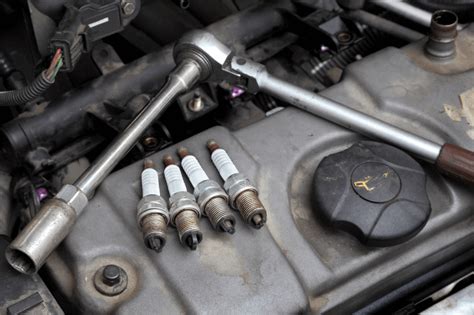
Related FAQ on Spark Plug Warranty
Here are some frequently asked questions –
1. Are spark plugs covered under the factory warranty?
No, spark plugs are usually exempted under a factory warranty, unless failing due to some manufacturing fault.
2. What about the life expectancy of spark plugs?
The mileage expectancy of spark plugs are believed to last under two categories; 30,000 and 120,000 miles being the average more commonly accepted.
3. Within a warranty period, is a customer able to replace spark plugs?
The replacement of spark plugs is usually viewed as routine maintenance and is not covered under the warranty unless a defect is involved.
4. When replacing spark plugs, are the labor charges applicable?
For replacement of spark plugs, the labor charges are usually not covered under the warranty. It’s only the part which is covered under warranty if a defect is claimed.
5. What are the Symptoms of Defective Spark Plugs?
There are several obvious issues that come as a result of faulty spark plugs. These issues include rough idling, the engine struggling to stay on, the engine consuming a lot more fuel than usual, and failing to start.
Conclusion
In brief, plug-ins are usually not warranted because they are considered to be wear-and-tear items whose maintenance and replacement is regularly set. Nevertheless, a peg-in that is damaged due to a defect during manufacture can, in very limited circumstances, be claimed under the vehicle warranty. Regular maintenance and service in line with the manufacturer’s guidelines is the best way to avoid accruing unanticipated repair expenses.
When under a vehicle warranty, consider the exclusions to plug-ins so you know whether they are warranted. Assisting you in understanding the warranty, maintenance records, and routine servicing history, in addition to protecting the vehicle, will help you enjoy it for several years.

